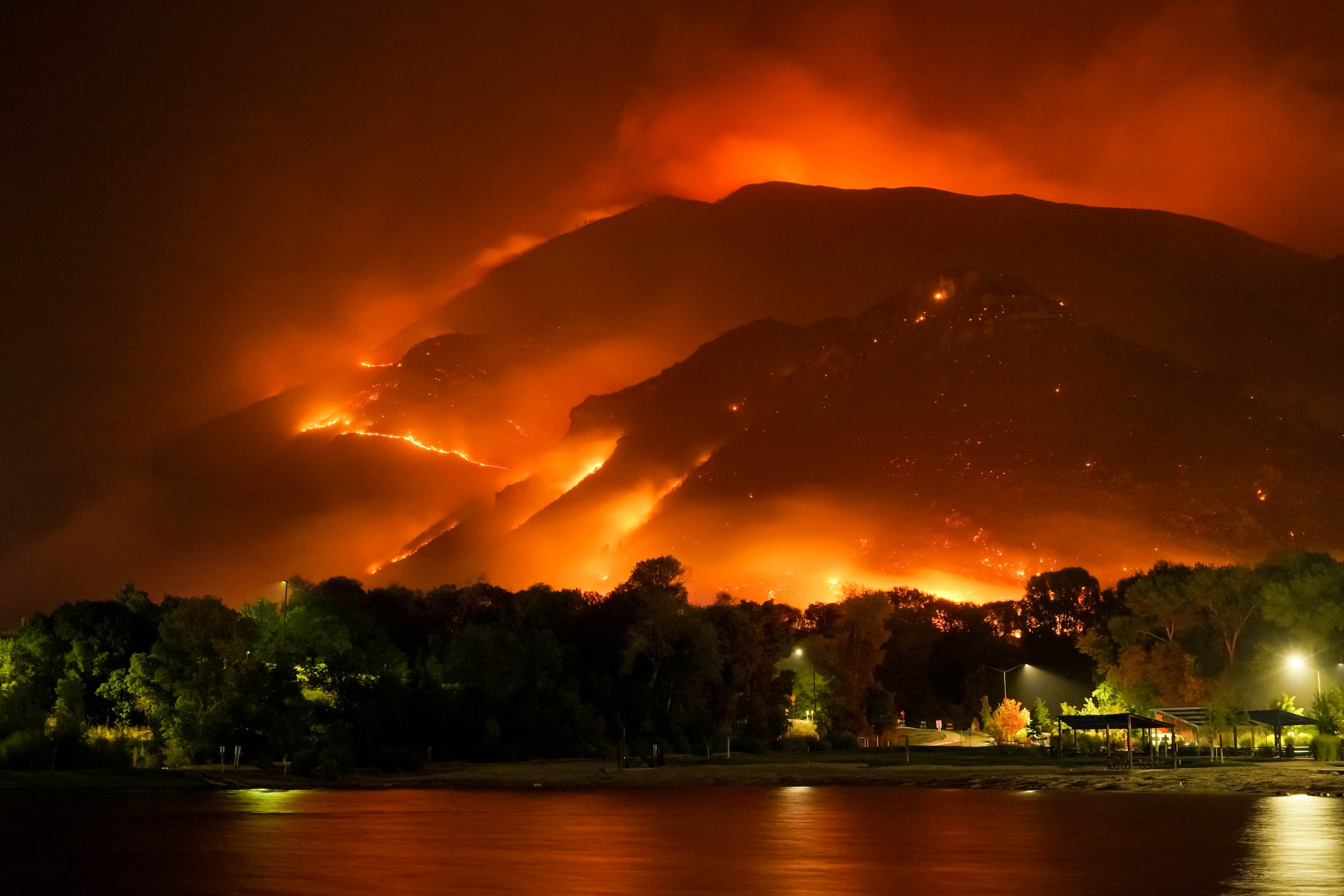As the planet faces unprecedented environmental challenges, the call to criminalise ecocide gains momentum. But will it be enough to prevent our environment from reaching the point of no return?
A Planet in Peril
It is undeniable that the environment is undergoing massive and accelerated degradation. July 2023 has been marked as the hottest month in recorded history. From the wildfires in California, Canada, Greece, and Italy to the deadly floods in India, Pakistan, and China, these devastating events bear testament to the dire state of our environment.

Forest fires are a consequence of human negligence towards nature
While international laws offer protection against crimes like genocide, war crimes, and crimes against humanity, they astonishingly lack robust measures to safeguard the very environment we depend on for our survival. This shortcoming presents a clear and present danger to human lives, the biodiversity we share the planet with, and the delicate ecological balance that sustains life on Earth.
The Shortcomings of International Environmental Law
Historically, our legal systems, grounded in Roman jurisprudence and enhanced by modern principles, have endeavoured to safeguard basic human rights. The very essence of these rights, including the right to life and protection of property, hinges upon a healthy environment. Yet, the right to a liveable environment remains conspicuously absent from major international treaties.
This blind spot is made evident when short-term political interests take precedence over long-term environmental welfare. The UK government's recent decision to issue 100 new licenses for oil and gas drilling, despite the urgent need to shift away from fossil fuels, is a glaring example of such myopia.
The Rise of Ecocide Laws
In the face of such inadequacies, the call for global recognition of "ecocide" as an actionable crime is intensifying. Defined as acts causing widespread, severe, or long-term environmental damage, ecocide demands accountability for decisions that recklessly endanger the environment.
Several nations are leading the way. Countries like Ukraine, Vietnam, Ecuador, and France have already instituted laws against ecocide. Other nations, including Brazil, Belgium, Scotland, Spain, and the Netherlands, are progressing towards similar legislative measures.

Myopia in international law is a problem for all mankind
These laws not only offer a deterrent but also promise to reshape policy-making by introducing the possibility of legal action against political and corporate decision-makers who disregard the environment.
The Future of Ecocide Laws
By criminalising ecocide, nations can realign their priorities, understanding that environmental protection isn't just an ethical duty but a legal necessity. Economic and developmental agendas can be redefined in harmony with what our ecosystems can sustainably support.
In conclusion, the campaign to recognise ecocide in international law is more than just a call for legal reform; it is a demand for a global paradigm shift. It challenges us to redefine progress, not in terms of economic growth alone, but in harmony with the planet's well-being. The protection of the environment cannot remain the prerogative of short-sighted politics. It is a universal responsibility, one that transcends borders and generations.
©GlobalCO2.uk





